This Week in History recalls memorable and decisive events and personalities of the past.
19th December 1920 – King Constantine I is restored as King of the Hellenes after the death of his son, Alexander of Greece, and a plebiscite
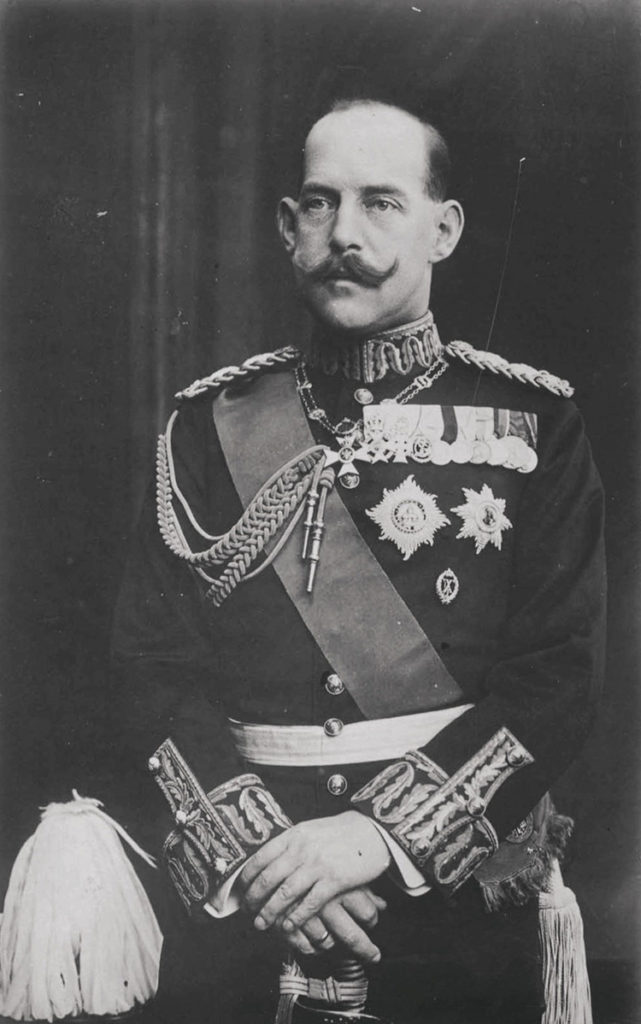
On 18 March 1913, the king of Greece, George I, was assassinated by an anarchist terrorist. His son, Constantine I, assumed the throne of Greece and would remain king through 1913’s war with Bulgaria, in which the Greeks and Serbians emerged victorious, with Greece acquiring much territory.
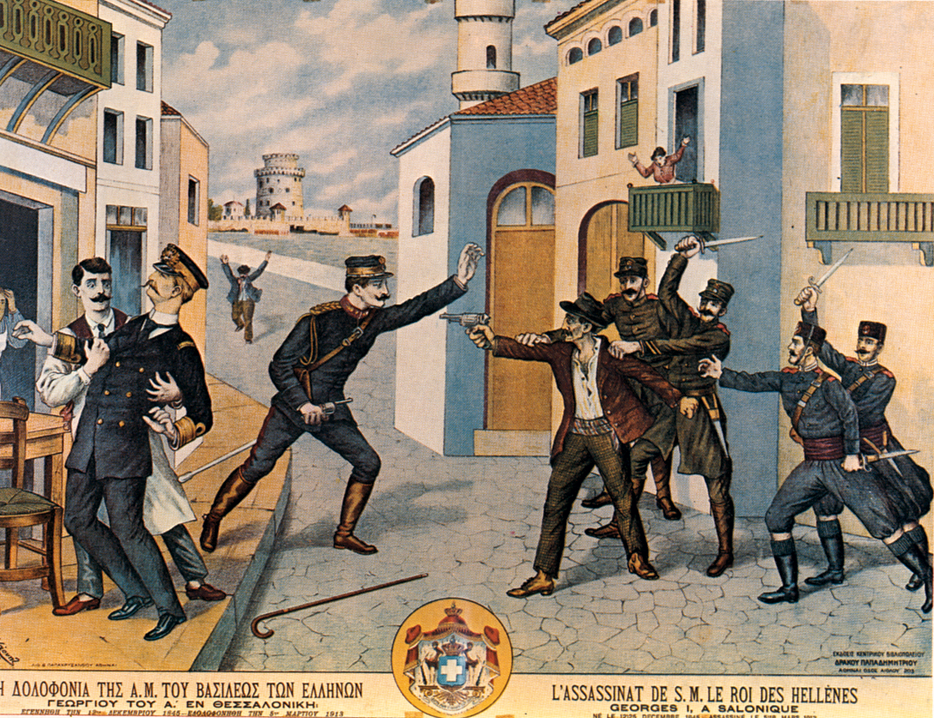
Storm clouds were on the horizon, however, and the First World War broke out near the end of 1914, with Germany and Austria-Hungary (The Central Powers) facing off against the Russians, British and French (The Entente). As the Germans were joined by Greece’s long-time enemy Turkey and recent enemy Bulgaria, the Greek government and many of its people became very pro-Entente. Constantine remained committed however to neutrality and many in the Entente press and some in Greece accused him of being a German sympathiser, in part due to his German wife.
Despite the British offering Cyprus to Greece in exchange for joining the war on their side, Constantine tried to block any attempt by the government to join the war on the side of the Entente.
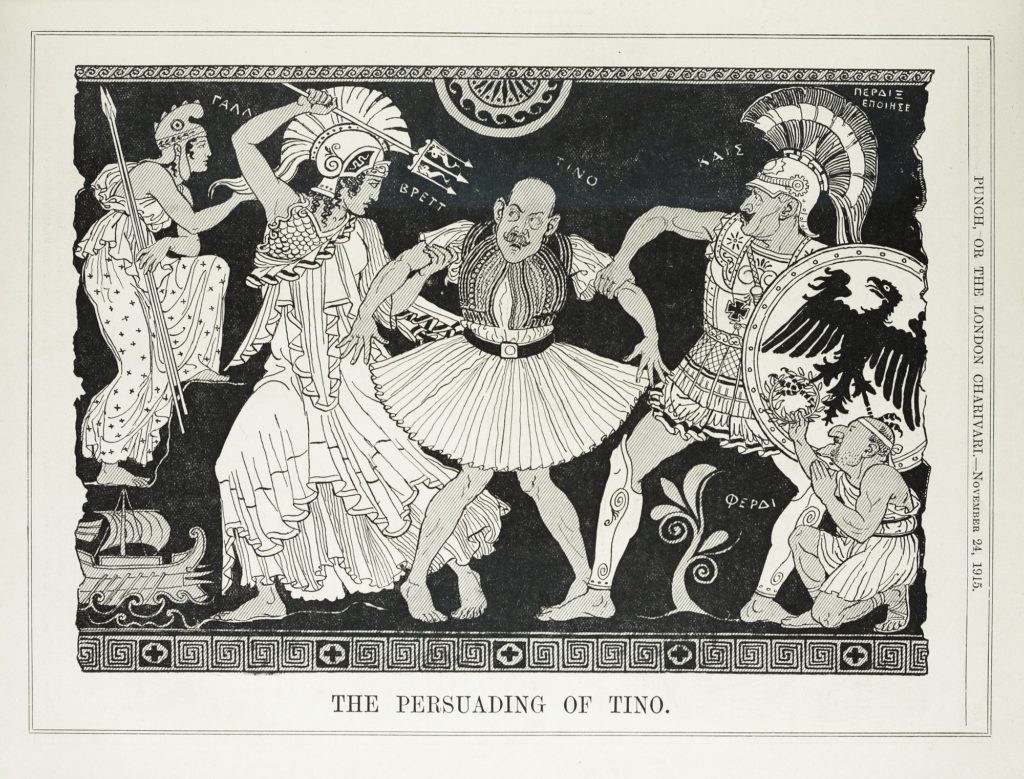
Eventually the Greek government allowed some of Greece to be occupied by the Entente; to try balance this, Constantine allowed the Central Powers to occupy some of Greece as well. By 1916, the army had had enough, and a military coup was carried out in the northern Greek city of Thessaloniki. The new military government in Thessaloniki asked the king to join the war and stop being a politician. Greece from this point was split between a pro-Entente government in Thessaloniki and a pro-king government in Athens.
After the collapse of the Russian monarchy in 1917, Constantine lost his only real supporter in the Entente powers and his removal by the military and the Anglo-French forces seemed inevitable. Thus, he left the country on 11 June 1917 for Switzerland, with his second son, Alexander, being made king of Greece.
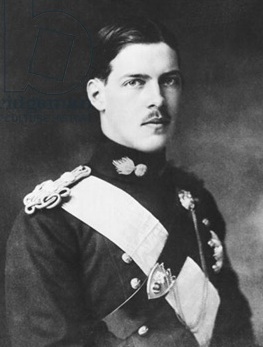
The entente would defeat Germany in the war, and the Greeks would continue the war, fighting against the newly formed republic of Turkey in Asia Minor. In 1920, Alexander would be attacked by a monkey and bitten, dying from the bite, which went septic, a few days later.
With a new king needed, the country held a plebiscite in which 99% of the votes cast were in favour of the return of Constantine to the throne. Constantine returned as king on 19 December 1920.
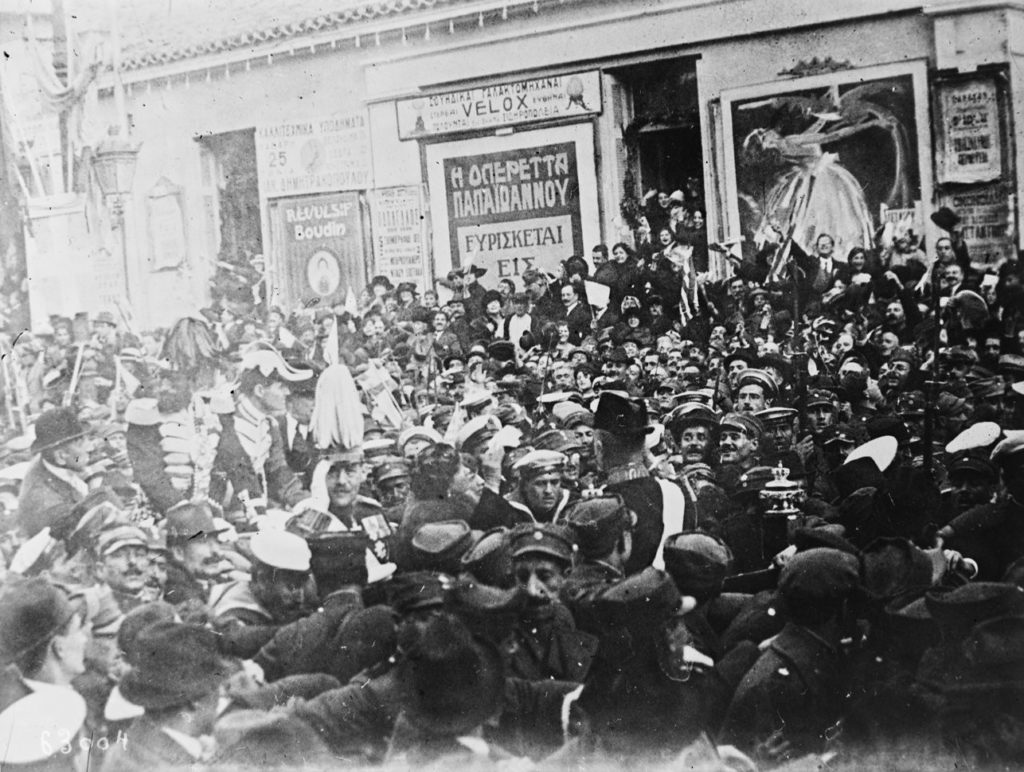
A few years later, in 1922 when Greece lost the war with Turkey, another coup would force Constantine to abdicate again in favour of his eldest son, George II.
If you like what you have just read, support the Daily Friend

